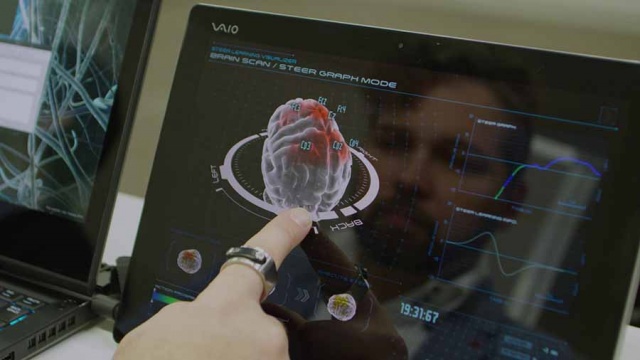What's the news?
We road testers often speak of steering or chassis dynamics that seem 'telepathic', as if the car can read your mind and follow instructions before you've actually given them. Well, surprise folks, Nissan is working on technology that actually, no-really, does just that. A car that can read your mind.
Nissan will bring along its Brain-To-Vehicle (or B2V) technology to the upcoming Consumer Electronics Show (CES) in Las Vegas. The system, still in nascent form, uses a skull-cap filled with sensors that monitor the brain's activity as you drive, and which can trigger driver assistance systems into life much more quickly. Nissan reckons that the car's systems can react 0.2 to 0.5 seconds faster (a significant amount when the car is moving at speed) by detecting the brain wave activity that precedes the initiation of movement.
As well as allowing the earlier triggering of active safety systems, Nissan reckons that the brain-reading tech can allow for closer integration of humans with future autonomous vehicles. "When most people think about autonomous driving, they have a very impersonal vision of the future, where humans relinquish control to the machines. Yet B2V technology does the opposite, by using signals from their own brain to make the drive even more exciting and enjoyable," said Nissan Executive Vice President Daniele Schillaci. "Through Nissan Intelligent Mobility, we are moving people to a better world by delivering more autonomy, more electrification and more connectivity."
By reading the brain waves, an autonomous car can, potentially, detect if a driver or passenger is feeling uncomfortable or unhappy, and adjust the its driving style, or interior settings, even using augmented reality displays to further improve the occupants' mood.
"The potential applications of the technology are incredible," said Dr. Lucian Gheorghe, senior innovation researcher at the Nissan Research Center in Japan, who's leading the B2V research. "This research will be a catalyst for more Nissan innovation inside our vehicles in the years to come."









